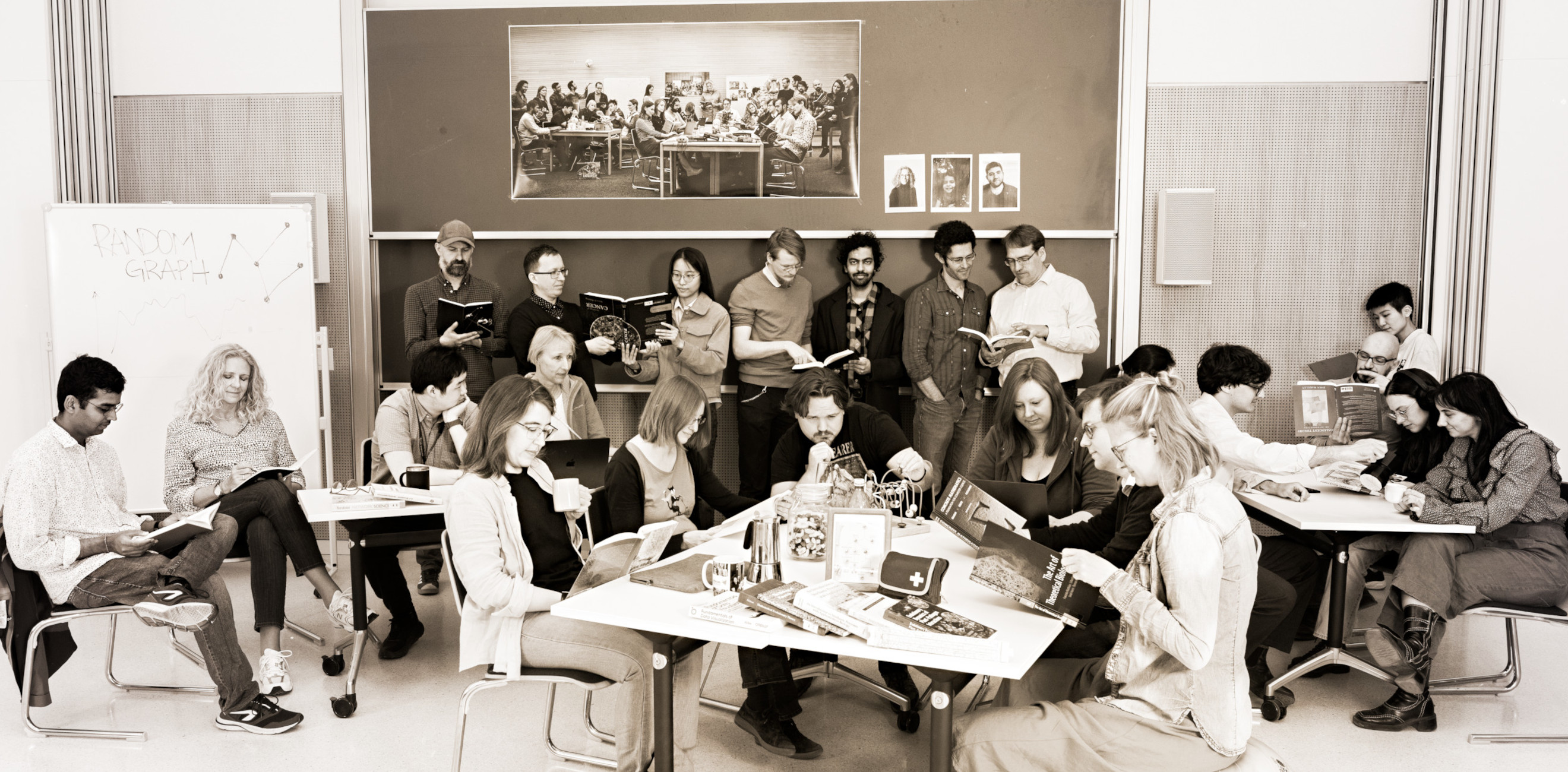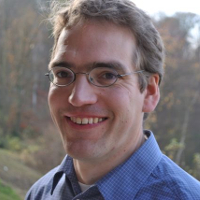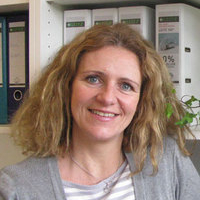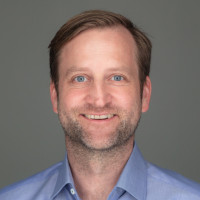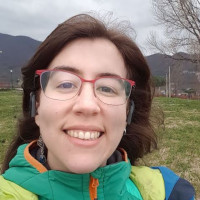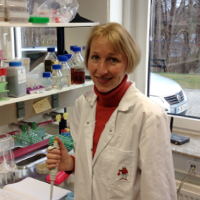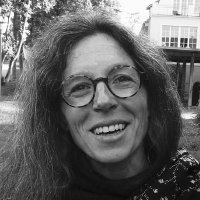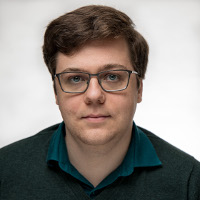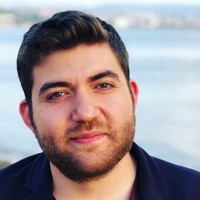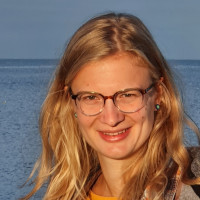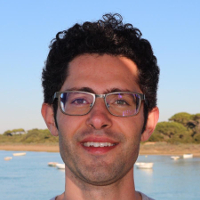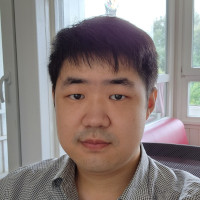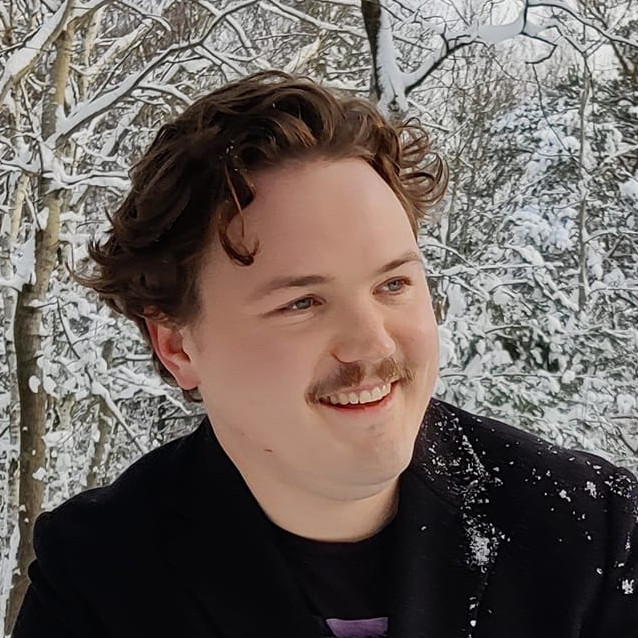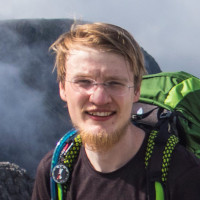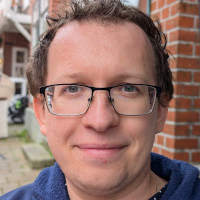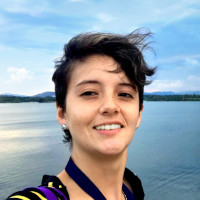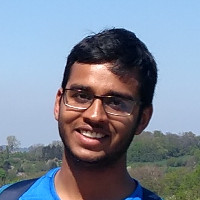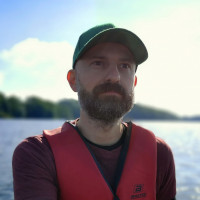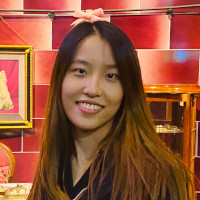The Department of Theoretical Biology uses mathematics and computer simulations to study the dynamics of evolution. Our team is interdisciplinary, with backgrounds ranging from biology, physics, and mathematics to computer science and economics. Our goal is, on the one hand, to model biological systems with a close connection to empirical research, on the other hand we develop the mathematical toolbox of theoretical biology further and aim to generate new conceptual insights. The biological problems we address include the emergence and maintenance of polymorphisms in natural populations, the evolution of cooperation and the evolutionary dynamics of cancer.
The department is organised into the three main themes Cancer Evolution, Metaorganisms, and Population Structure and Game Theory. In addition, the department is hosting four research groups, which independently pursue their own research directions.
Cancer Evolution
The accumulation of mutations within the cells of a tissue can be viewed as an evolutionary process. We use mathematical and computational models to gain insights into the dynamics of these processes. In collaboration with clinicians, experimentalists and bioinformaticians, we have so far mostly focussed on blood diseases, but several general insights can be used to construct theoretical models for other systems.
Metaorganisms
Why do individuals from different taxonomic groups and even kingdoms of life interact with each other within a metaorganism in a generally beneficial way and thereby form a unit of selection? This question is one of the most fascinating, unresolved mysteries in current evolutionary biology. We develop mathematical models to understand interactions within the metaorganism in close collaboration with the CRC 1182 Origin and Function of Metaorganisms.
Population Structure
and
Game Theory
While the evolution of cooperation is the most popular topic in evolutionary game theory, the game theoretical approach offers much more to evolutionary biology. We are interested in eco-evoluionary dynamics under frequency and density dependent selection, in the evolution of multicellular units, but also in the general role that population structure (in terms of groups, networks or age) plays for evolutionary dynamics.
Research Group
Stochastic Evolutionary Dynamics
Our research lies at the intersections of evolution with ecology and with medicine. Using mathematical models, we study which factors promote or hamper rapid adaptation to changing environments.
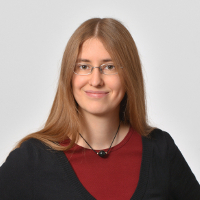
Dr. Hildegard Uecker
Research Group
Molecular Systems Evolution
Our research aims at understanding the evolution of genomes. By comparing genome sequences from various individuals and/or species, one can gain insights into the process of how and when species are created. We combine modeling approaches and statistical data analysis, as well as lab experiments when possible.
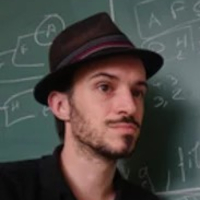
Prof. Dr. Julien Dutheil
The Team
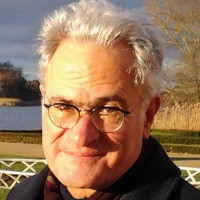
Prof. Dr. Joachim Krug
Visiting senior researcher
Alumni
Opportunities
General advice
We are an interdisciplinary department and people working here have backgrounds ranging from theoretical physics and computer science to biology and medicine. The combination of different skillsets is crucial for the success of our work. A central aspect in this is that applicants are highly motivated to do research in our department. Thus, please let us know in your application why our department seems to be the right place for you and why you are the right person for us! How did you hear about us? Which papers did you read? Did someone inspire you? Tell us about the path that led you to your interest in the department! Do you already have a concrete project in mind that you would like to work on? Or are you interested in the general area? In the end, there must be the right match on both sides - you need to be sure that this is the place to develop your career further and we need to be sure that you will fit in scientifically and as a person!
Formalities
If you apply for a job at the MPI Plön, please send
- Your CV, including a publication list and contact details of at least two references.
- A letter of motivation why you are interested in joining the department.
How to join the department
There are two tracks to join our department:
Chaotic turnover of rare and abundant species in a strongly interacting model community

Dynamics in a behavioral-epidemiological model for individual adherence to a nonpharmaceutical intervention
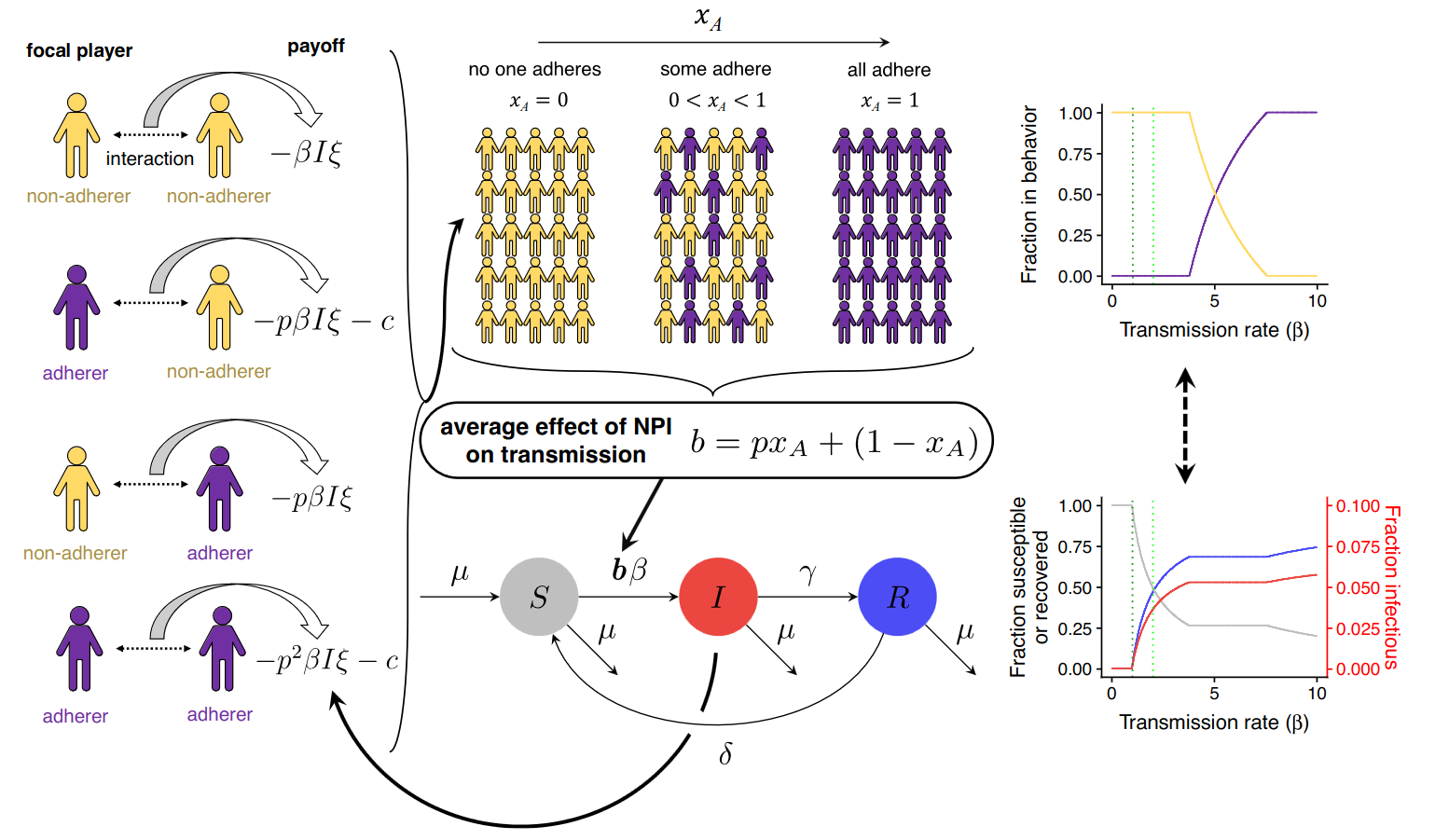
Promoting extinction or minimizing growth? The impact of treatment on trait trajectories in evolving populations

